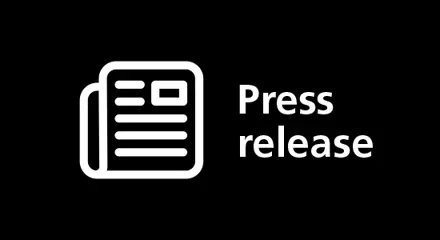
Podcast
Episode 10 - Stakeholder capitalism and engagement
In this podcast James Beasley, Senior Director at Nasdaq Governance Solutions, discusses stakeholder capitalism and its significance for businesses today. He argues that stakeholder engagement is the means by which to achieve stakeholder capitalism because it allows the business to understand different stakeholders and therefore act in their interests. James argues that the convergence of many monumental events over the last two years has brought stakeholder capitalism into the limelight and front and centre for boards. He outlines innovative methods for engaging with two important stakeholder groups: customers and employees. James argues that organisations need to develop more sophisticated data points for understanding stakeholders, focusing on qualitive rather than quantitative data to bring stakeholder experiences to life.
Podcast
Episode 8 - The dolphin: a caring communicator
In this podcast, Sharon Constançon explains how company secretaries and governance professionals can use their communication skills to improve the effectiveness of the board, creating the perfect environment for decision-making. Sharon outlines how company secretaries can learn communication skills as part of their career development and how they can use them to handle a range of difficult conversations. She describes tactics for tailoring communication styles to individuals to ensure the message is best received, enabling company secretaries to build trust while remaining authentic and allowing them to be a confidante for the directors. Sharon argues that communication is most effective when we take a caring, empathetic approach that acknowledges the human side of our colleagues and the challenges they face.


Press Release
The Red Sea Development Company’s The Red Sea Project wins ‘ESG Initiative of the Year’ honour at CGIUKI 2021 Awards
The Red Sea Project which is being developed on the Saudi Arabian Red Sea coast by The Red Sea Development Company took the award for ‘ESG Initiative of the Year’ at The Chartered Governance Institute UK & Ireland’s 2021 Awards at the London Park Lane Hilton Hotel last night. The Awards, which were hosted by BBC Breakfast presenter and Strictly Come Dancing contestant Dan Walker, recognise those individuals, teams, projects and initiatives that help organisations to better serve their stakeholders and society through innovative and exemplary governance.

Podcast
Episode 6 - The octopus: using EQ to unlock board effectiveness
In this podcast Sharon Constançon, CEO of Genius Boards, discusses how to address issues that are impeding board effectiveness that aren’t always easy to identify. Sharon likens the scenario to an octopus, where all the issues are linked to a common cause, represented by the head of the octopus. She goes on to outline how enhancing the emotional quotient (EQ) of the company secretary, the chair and the individual directors will allow the board as a whole to defuse those hard-to-identify issues it faces and allow it to achieve its full potential.

Podcast
Episode 7 - Understanding IPO governance
In this podcast Kerry Round, Founding Director of Round Governance Services, outlines how the governance of a company will change following an Initial Public Offering (IPO). She covers board structure, responsibilities, composition, and the need for board diversity. The discussion outlines how an IPO will affect important stakeholders such as employees, the policies the company will need to have in place, what disclosures will be required, and which external bodies the company secretary or governance professional will find themselves dealing with on a regular basis. Kerry describes an IPO as a career highlight and the role of the company secretary or governance professional in a listed company as fabulous.

